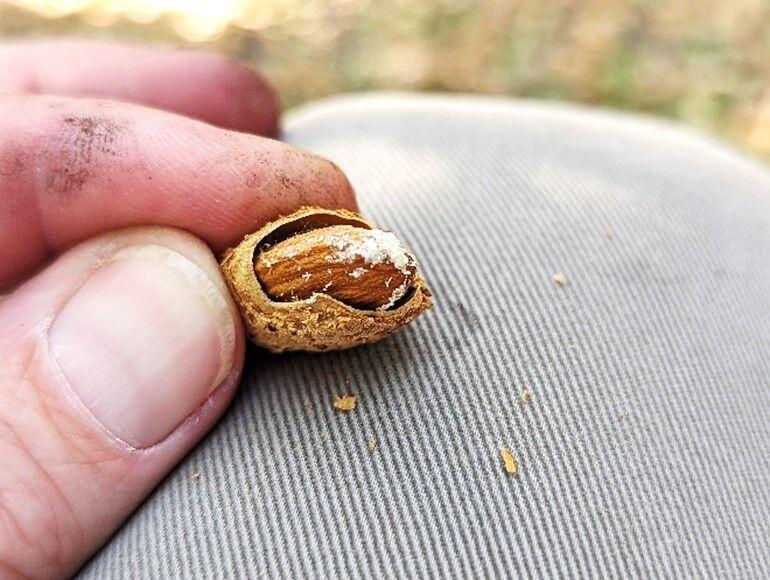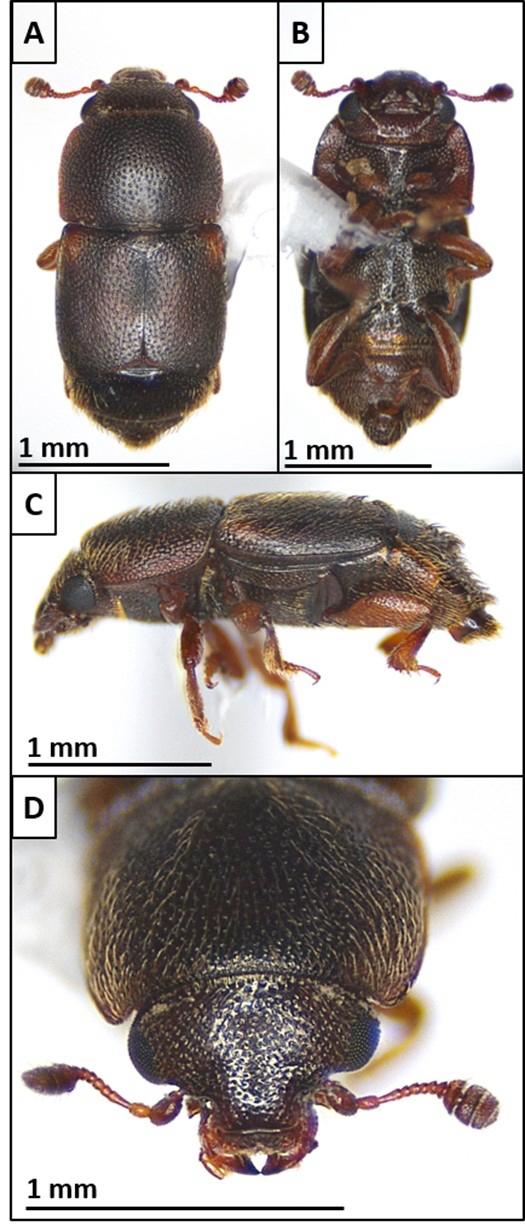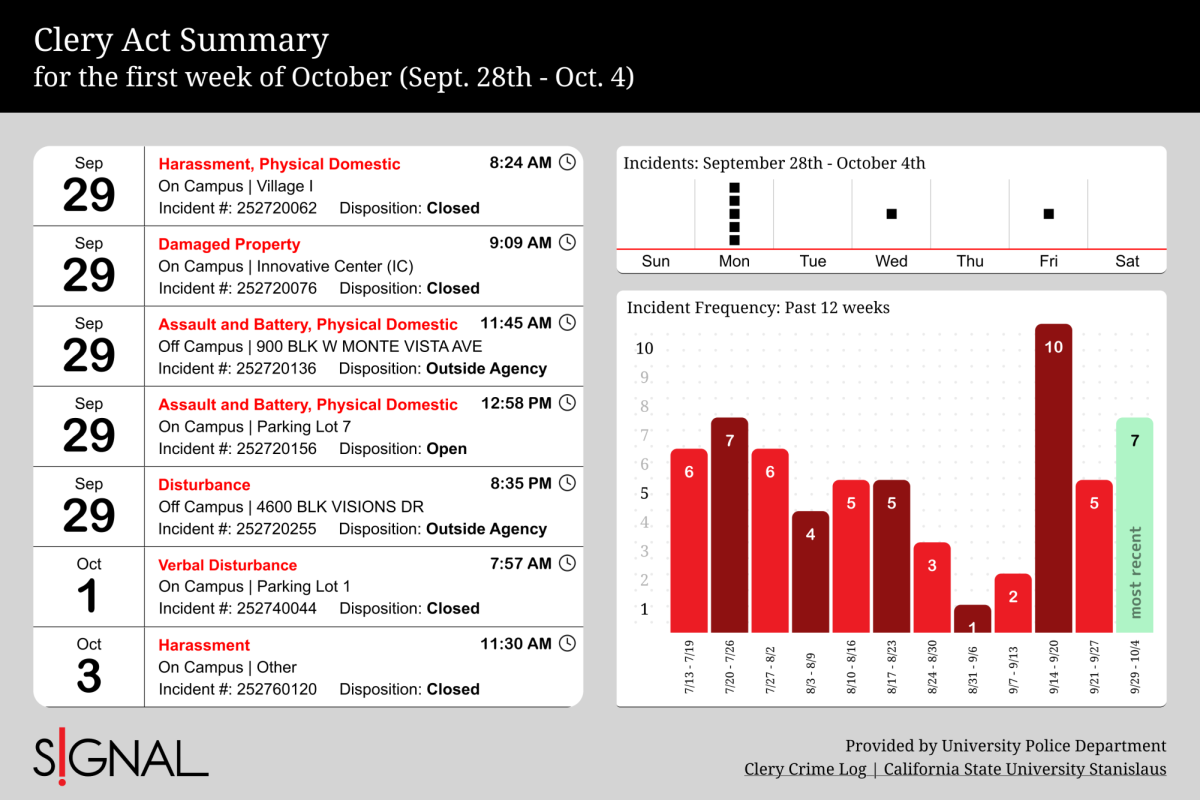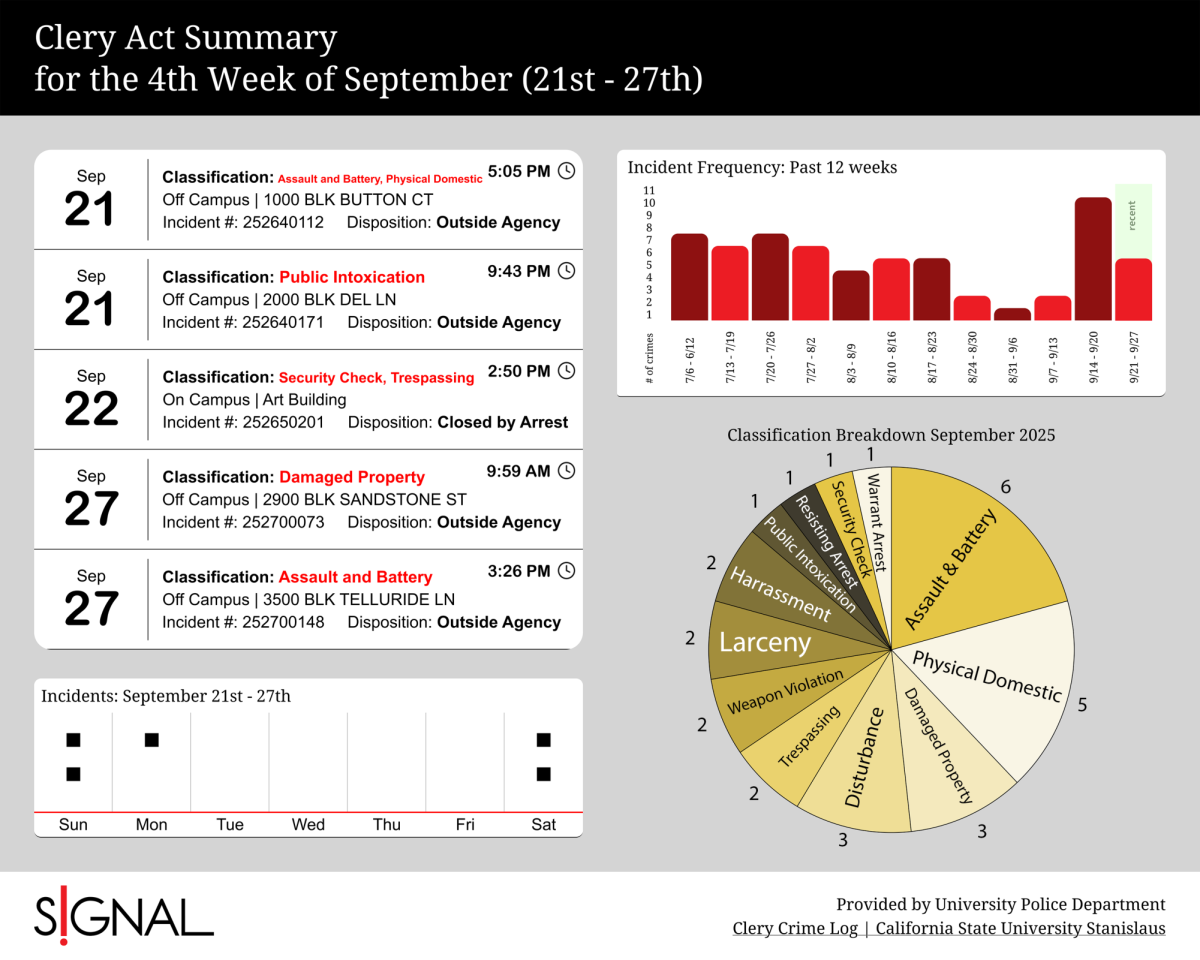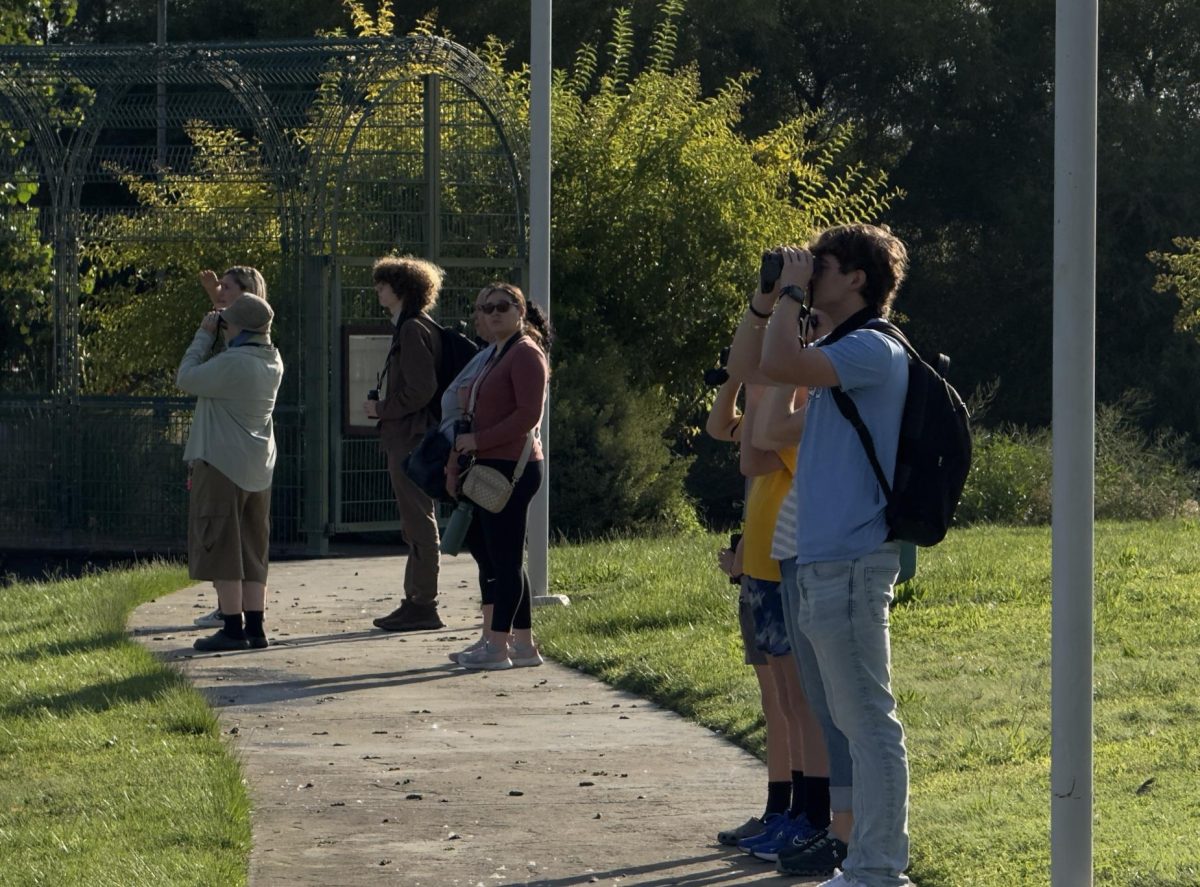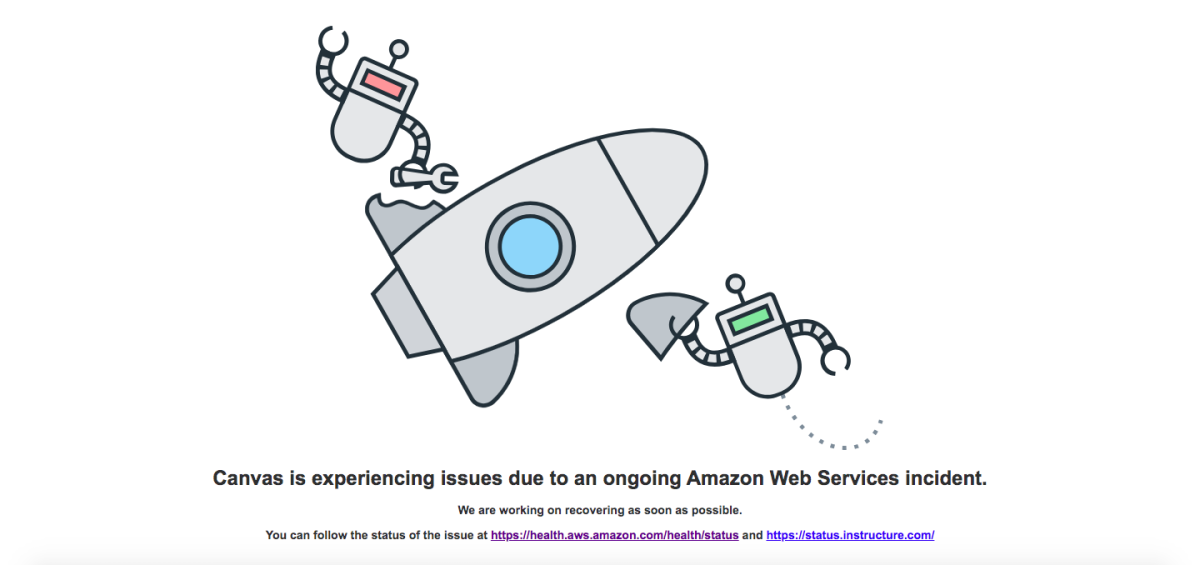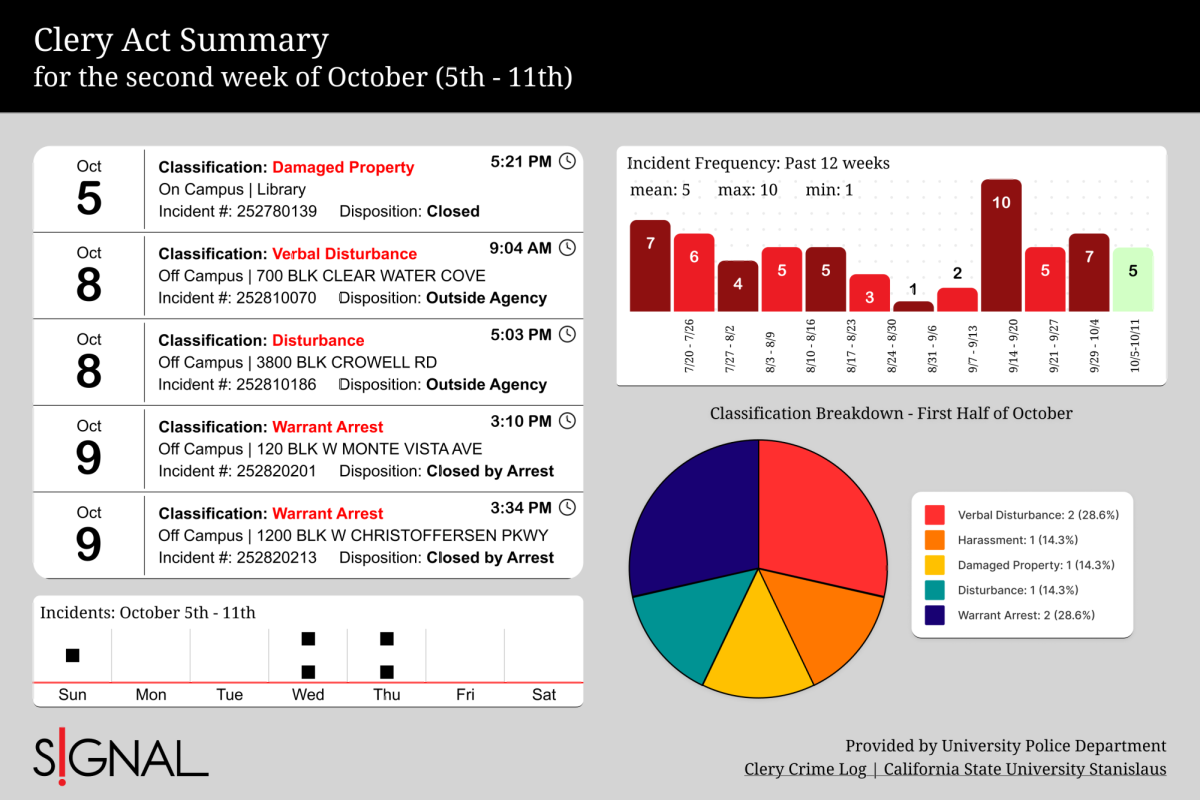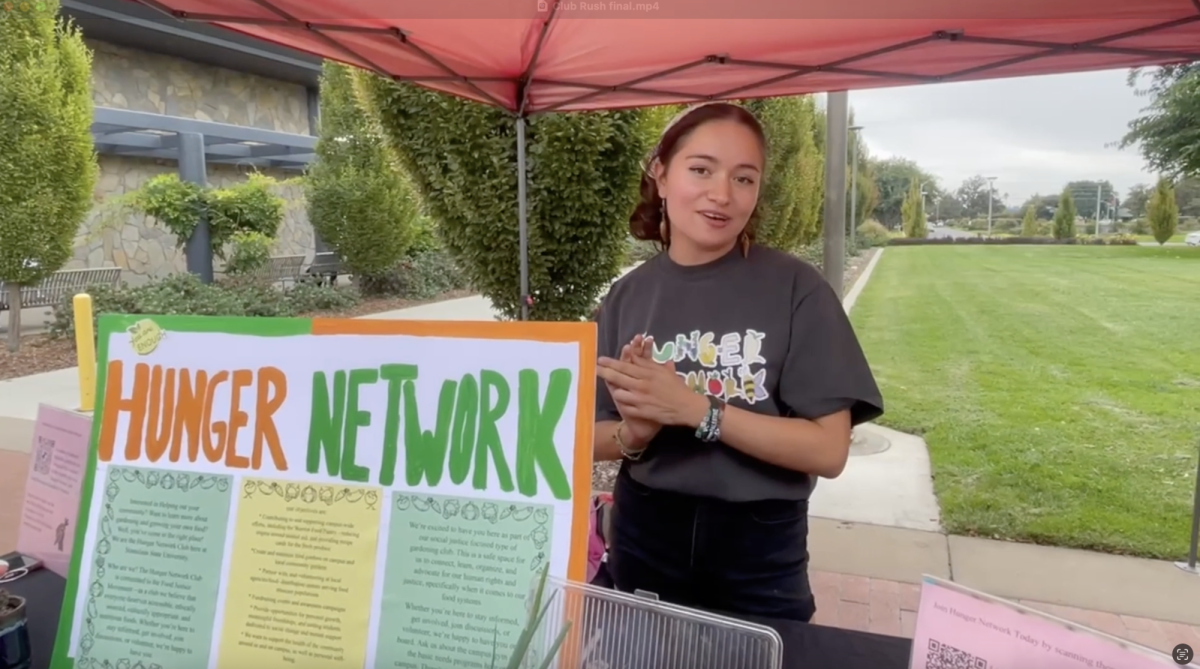At the beginning of the year, the Beatles made a comeback thanks to AI. This time it’s not the musical band we’ve loved for generations. It’s an invasive beetle and representatives are calling on the USDA for an emergency response.
“The last thing farmers need is an invasive beetle killing some of our most important crops. These tiny pests lay their eggs inside unharvested ‘mummy nuts’ and can survive the cold winter months before they come out and feed on developing almonds, pistachios, and walnuts,” said representative Josh Harder in a press release.
The beetle, known as the Carpophilus truncatus beetle, has been recently discovered in almond and pistachio orchards within the San Joaquin Valley region confirmed in Stanislaus, Merced, Madera and Kings counties. According to the University of California Agriculture and Natural Resources department, the beetle is recognized as one of the top two pests within almond farming in Australia.
Findings within Merced County show the pest has been around since 2022.
“It has likely been here for a few years based on the damage we’ve seen,” Jhalendra Rijal, the UC integrated pest management advisor, said.
David Haviland, a farm advisor from UCCE in Kern County mentioned that they are hopeful for some answers due to previous research in other countries, “We’re lucky to have colleagues abroad that have already been hammering away at this pest for almost a decade, hopefully we can learn from their experiences and quickly get this new beetle under control.”
The beetles find their way inside nuts from the previous year and release their eggs. The larvae then feed off the developing kernels and leave a white powdery mass of nutmeat and frass.
Representative Josh Harder along with six representatives put together a letter to push the USDA Secretary of Agriculture, Tom Vilsack, for an emergency response.
“We have to treat this invasion like the major economic threat it is. I’m calling on the USDA to step up and help our farmers get this under control before it’s too late,” Harder said.
The letter calls for emergency funding from the Commodity Credit Corporation (CCC) and the Plant Pest and Disease Management and Disaster Prevention Program (PPDMDPP) to help fund research, tracking, and management efforts in addressing the problem.
A portion of the letter reads, “Given the beetle’s established threat level to tree nuts and the significant acreage of almonds, walnuts and pistachios within California, it is imperative that we act swiftly to mitigate its impact.”
The letter continued with, “Such measures are crucial not only for the immediate management of the Carpophilus truncatus beetle but also for safeguarding against future outbreaks that could further jeopardize our agricultural economy.
Toward the end of the letter the representatives reminded Secretary Vilsack of the $11 million the PPDMDPP sets aside for the use of pest problems within the agriculture industry.
They ended the letter with, “Thank you for considering this request and expediting the allocation of funds to combat the invasive Carpophilus truncatus beetle. Our prompt action is critical to safeguarding the livelihood of our farmers and the health of our agricultural economy.”

